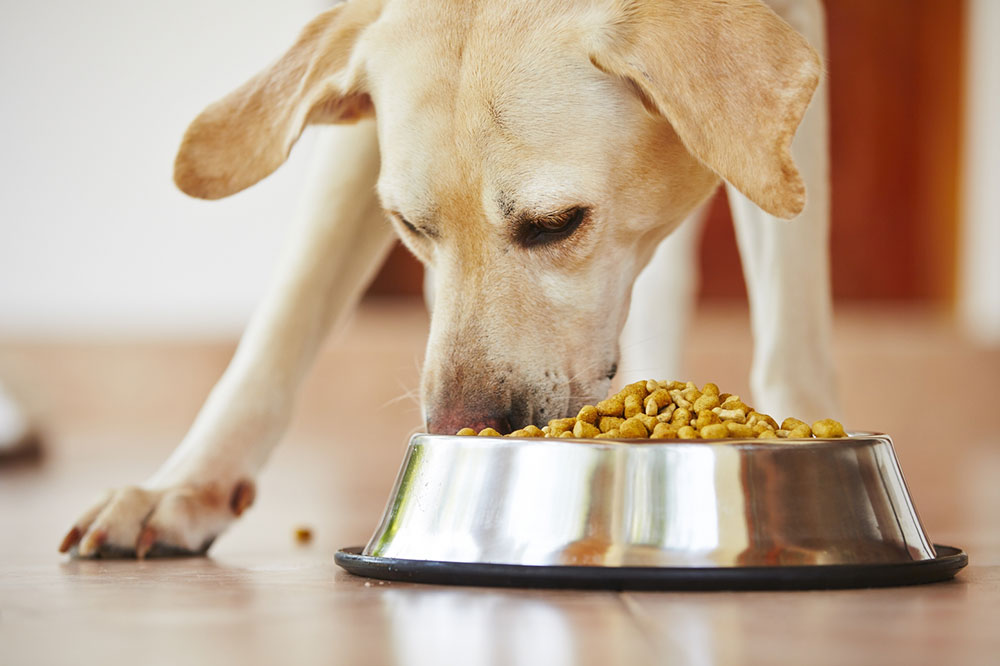
6 Common Causes of Food Allergies in Dogs
Food allergies in dogs often trigger immune system responses, such as sneezing, eye discharge, and ear infections. As a pet owner, you should be aware of the causes of food allergies in dogs and avoid them to prevent health issues and complications. Some of the common causes of food allergies in dogs are:
1. Proteins
Proteins such as beef could result in food allergies, especially if you feed your dog the same type of food for a long time. Beef is widely used as an ingredient in many commercial dog foods, and feeding your pet the same brand or type of food could increase its risk of developing an intolerance or allergy. Similarly, proteins such as chicken and lamb could also cause food allergies in dogs if fed for a long time. To prevent this type of food allergy, try to feed your pet different types of foods.
2. Dairy
In some cases, dogs could have a problem digesting lactose, which could result in gas, vomiting, or diarrhea. Although, with dairy products, it could be hard to determine whether your pet is intolerant or allergic to dairy. However, an important sign of an allergy is skin itchiness. Hence, feeding your pet products such as yogurt, milk, or cheese should be avoided or restricted.
3. Wheat
Another common cause of food allergies in dogs is wheat. However, this trigger varies among pets and breeds, and you should consult your vet for more information. Other grains that could cause allergic reactions are corn and rice.
4. Eggs
If your dog exhibits an allergic reaction to eggs, it could be due to the proteins in the egg yolk. Avoid giving them eggs and check the labels for all pet food items before giving them to your pet.
5. Soy
In some cases, soy can result in allergic reactions and cause various health problems in pets, such as issues with growth and thyroid or liver disease. Hence, it is best to avoid it and check the labels of all food products.
6. Other food items
A few other food items that could trigger an allergic response in your pet are root vegetables such as sweet potatoes and yams; legumes such as peanuts and beans; and genetically modified foods. Hence, reading the labels of all food products before giving them to your pet is essential.
These are a few causes of food allergies in dogs. The best way to avoid allergic reactions in dogs is to give them vet-approved foods and avoid the above trigger foods. However, it should be noted that some breeds, such as pit bulls, cocker spaniels, golden retrievers, and pugs, are more susceptible to developing food allergies than others.


